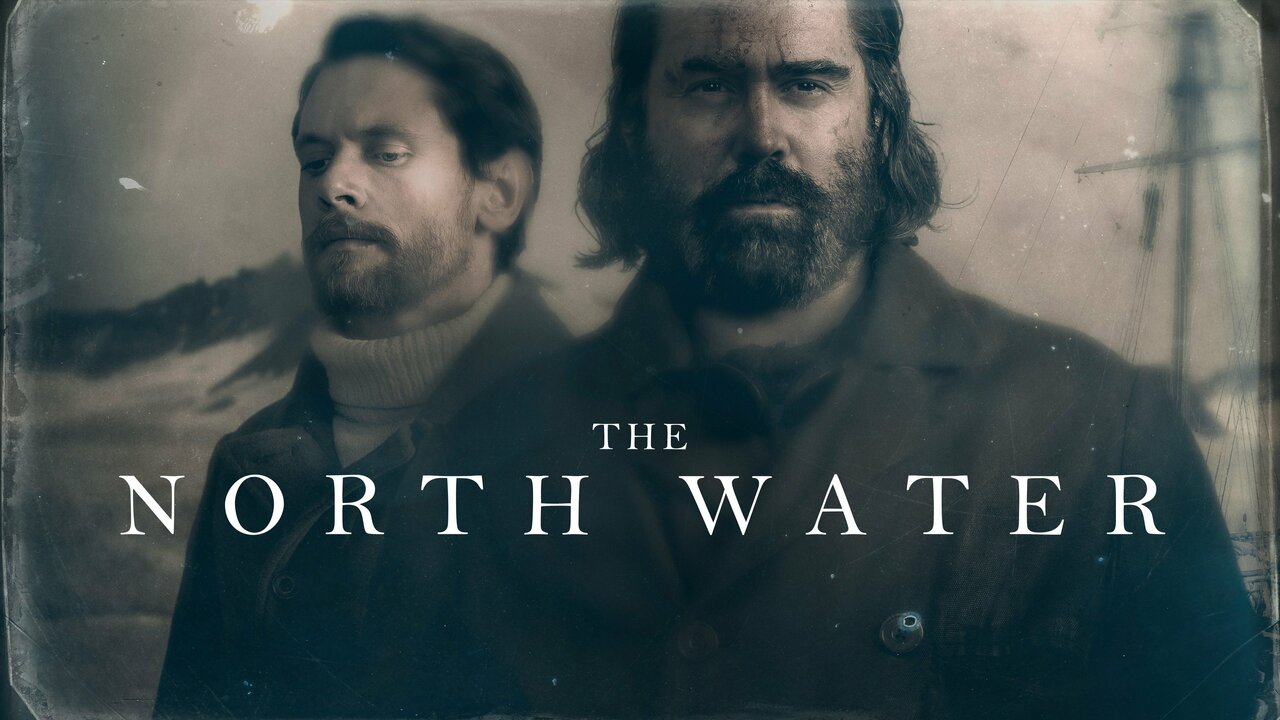Genre: Historical Drama | Action | Epic
Created by: Steven S. DeKnight
Starring: Dustin Clare, John Hannah, Lucy Lawless, Peter Mensah, Jaime Murray, Marisa Ramirez
Network: Starz

Released in 2011 as a six-episode prequel to the breakout hit Spartacus: Blood and Sand, Spartacus: Gods of the Arena takes viewers back to the brutal origins of the House of Batiatus. With visceral action, cunning political intrigue, and unexpected emotional depth, it cements itself not just as a worthy companion to the main series—but as a powerful tale of ambition, betrayal, and bloodshed all its own.
Set several years before Spartacus arrives in Capua, Gods of the Arena follows Gannicus (Dustin Clare)—the original champion of the House of Batiatus. As a fearless and charismatic gladiator, Gannicus fights not only for glory but for freedom, all while navigating the corrupt, violent world that surrounds the arena.
At the center is Quintus Batiatus (John Hannah) and his scheming wife Lucretia (Lucy Lawless)—a couple hungry for status and power within the Roman elite. As they seek to elevate their ludus (gladiator school), their ambition sparks rivalries, forges dangerous alliances, and ultimately leads to tragedy.
Dustin Clare is a magnetic presence as Gannicus, blending swagger, vulnerability, and skill. He’s a different kind of warrior than Spartacus—more reckless, more jaded—but no less compelling. His journey from champion to conflicted man is the emotional backbone of the series.
John Hannah is once again brilliant as Batiatus, delivering Shakespearean monologues and conniving schemes with theatrical flair. Lucy Lawless matches him step for step—her performance as Lucretia is both seductive and sinister, making her one of the most complex female characters in the franchise.
The supporting cast—Peter Mensah as Doctore, Jaime Murray as the ambitious Gaia, and Marisa Ramirez as Melitta—add depth and humanity to a world often ruled by violence.
Like its predecessor, Gods of the Arena features the signature visual style of the Spartacus series: slow-motion blood sprays, gritty fight choreography, stylized lighting, and highly charged eroticism. But beneath the stylized violence is a well-structured political drama that elevates the storytelling.
The show is also unafraid to push boundaries in its depiction of sex, power, and brutality—presenting ancient Rome not as a distant ideal, but as a raw and ruthless world driven by desire and dominance.
Spartacus: Gods of the Arena explores timeless themes:
-
Ambition vs. Morality – How far are the Batiatuses willing to go for power?
-
Freedom vs. Slavery – The eternal struggle between gladiators and their Roman masters.
-
Love and Loyalty in a Corrupt World – Romantic relationships in the series are often marked by tragedy and sacrifice.
-
The Cost of Glory – In a society that thrives on spectacle, glory often comes at the expense of humanity.
-
Engaging, complex characters with rich backstories
-
Top-tier performances, especially from Dustin Clare, Lucy Lawless, and John Hannah
-
Intense action and emotional drama balanced masterfully
-
Strong writing that deepens the mythology of the Spartacus universe
-
Bold visual style that embraces the brutality of the period
-
Its short six-episode run can feel rushed in places
-
Some supporting characters deserved more screen time
-
The violence and sexual content may be too graphic for some viewers
-
Less focus on rebellion and freedom compared to Blood and Sand
Spartacus: Gods of the Arena is more than a prequel—it’s a tragic, thrilling standalone story that adds emotional weight and dramatic complexity to the Spartacus saga. With unforgettable performances and searing intensity, it delivers epic spectacle with a soul.


